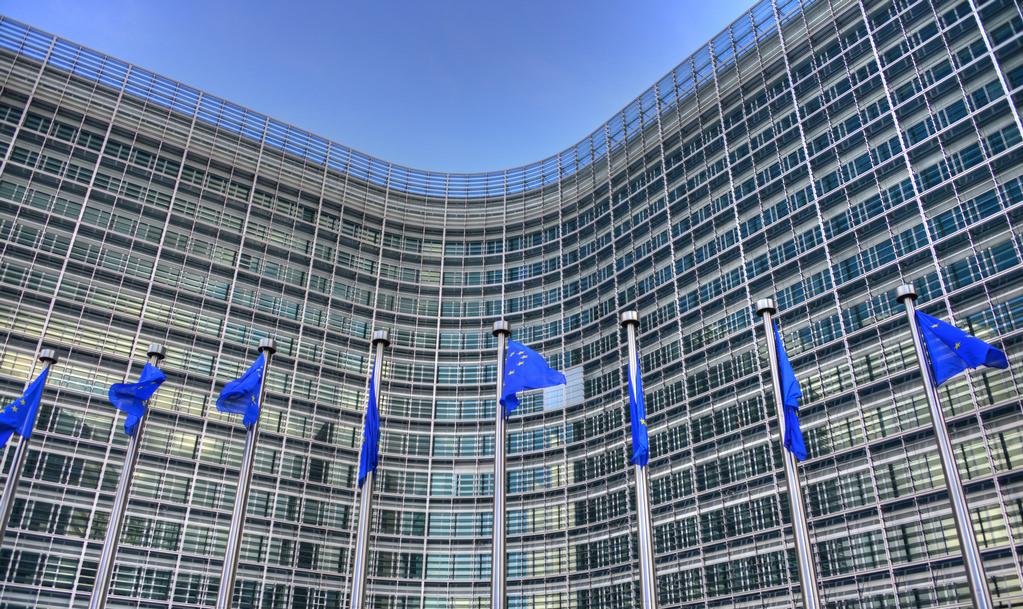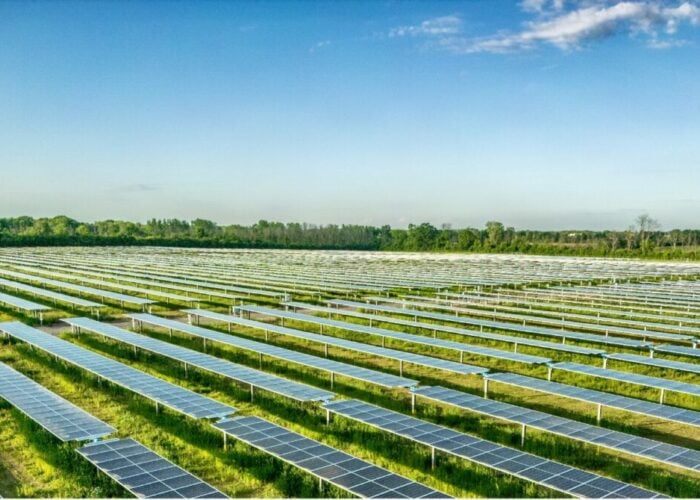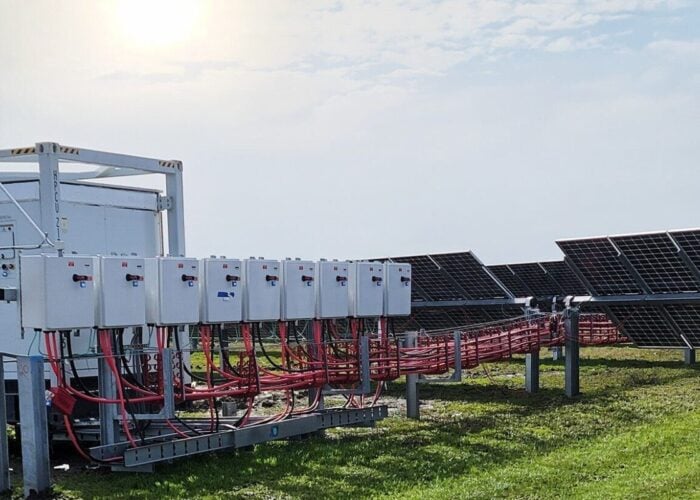
The European Council has adopted the new Renewables Energy Directive to raise the target level of renewable power generation in the bloc’s energy mix to 42.5% by 2030, up from the original 40% proposed in the REPowerEU plan. The Directive contains a 2.5% “indicative top up” to allow for 45% to be reached.
Last month the European Parliament voted to pass the legislation, with a focus on decreasing permitting times for new renewables projects and more ambitious mandates for all member states in transport, industry, buildings and district heating and cooling. These latter sectors have historically been slower to incorporate renewables, which the new Directive aims to redress.
Try Premium for just $1
- Full premium access for the first month at only $1
- Converts to an annual rate after 30 days unless cancelled
- Cancel anytime during the trial period
Premium Benefits
- Expert industry analysis and interviews
- Digital access to PV Tech Power journal
- Exclusive event discounts
Or get the full Premium subscription right away
Or continue reading this article for free
At the Parliament vote, 470 MEPs voted in favour of the new law, while 102 voted against it and 40 abstained.
Under the legislation – adopted earlier this week (9th October) – new renewable energy projects are classified to be of “overriding public interest”, which limits the possible grounds for legal opposition to their construction. EU member states will also have to designate “renewables acceleration areas”, also called “go-to areas”, where projects will have simplified permitting processes.
Projects inside the designated areas will need to be approved within a year, whilst those outside will have to be given the green light within two.
These two measures were present in the December 2022 update to the REPowerEU scheme, which the Council approved, though the “overriding public interest” mandate has apparently been extended beyond just those projects in “go-to areas”.
“This is a great achievement in the framework of the ´Fit for 55´package which will help to achieve the EU’s climate goal of reducing EU emissions by at least 55% by 2030,” said Teresa Ribera, Spanish acting minister for the ecological transition. “It is a step forward which will contribute to reaching the EU´s climate targets in a fair, cost-effective and competitive way.”
The Directive will pass into law 20 days from the EC’s adoption date, after which point member states will have 18 months to transpose it into national legislation.
In the statements made by member states in response to the approval of the Directive, many expressed guarded approval and called for realistic targets and an acknowledgement of the challenges and specificities of increased renewables deployment in their specific countries. The statements can be read in full here.
This increased backing for the renewables industry comes on the heels of concerns in the European solar manufacturing sector over an apparent influx of cheap Chinese solar modules that pose a risk to the sustainability of Europe’s attempted solar manufacturing renaissance. Both the European Solar Manufacturing Council and SolarPower Europe separately sent open letters to the European Commission calling for protective measures to safeguard the industry. Since then, Germany has announced that it is considering implementing trade tariffs to disincentivise buying Chinese modules.
As pointed out by PV Tech last month, though the new renewables Directive does nothing directly for manufacturing, increased demand and higher targets could play to the benefit of domestic manufacturers.






